My most anticipated books for (the rest of) 2025
22 titles I’m looking forward to in the second half of this year.
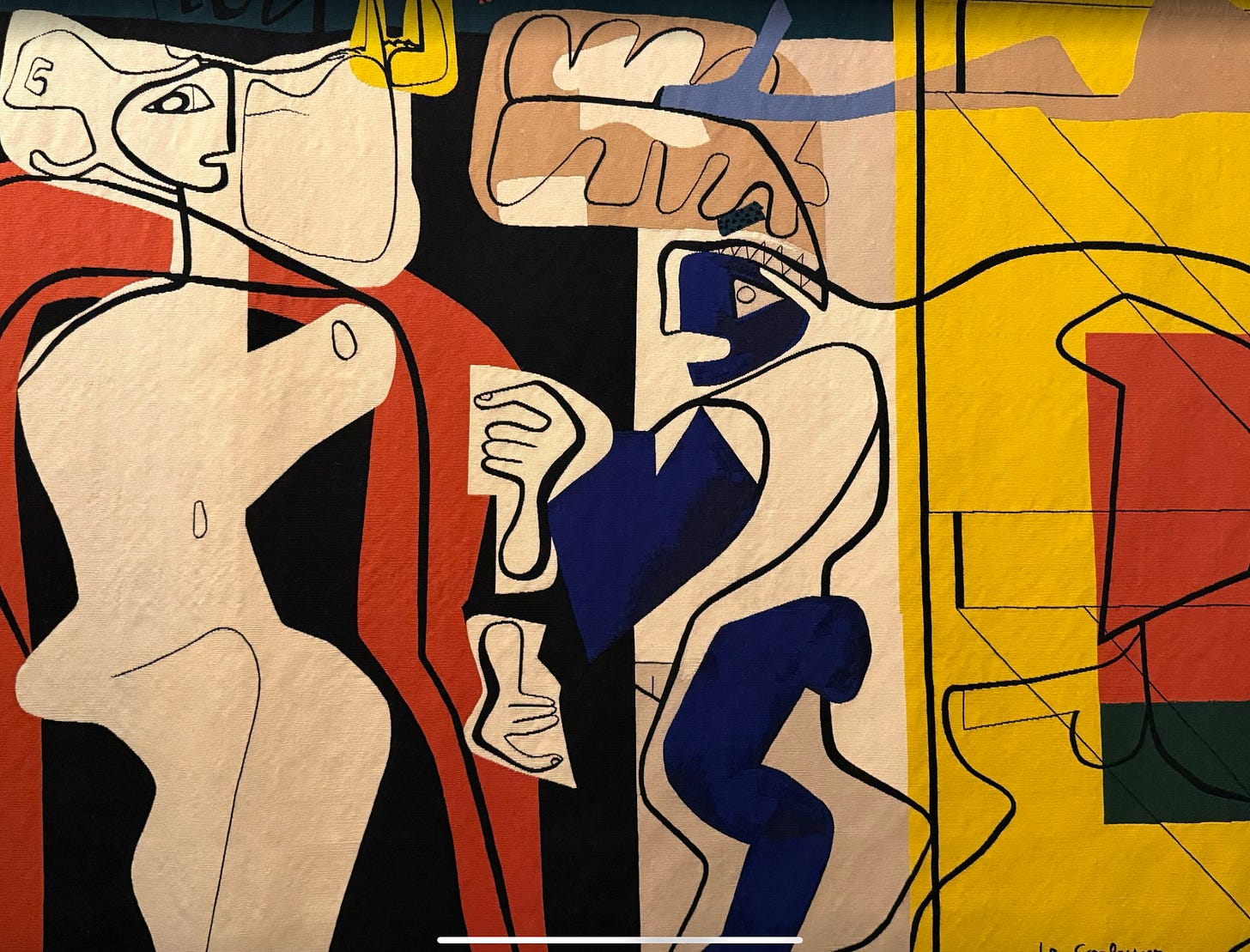
The second half of 2024 was really miserable for new book releases. I suspect publishers cleared the decks thinking that the election would suck up all the oxygen. But I’m pleased to say that the second half of 2025 looks much, much better. I’ve already got a big list of titles I’m interested in, and after my mid-year recap last week, thought it would be good to give a little preview of what you might see on my Substack (or elsewhere) in the coming months.
Let me know if you think there’s something I should check out that isn’t already listed here.
July
Hard Margins by Edward J. Delaney (Turtle Point Press). Delaney is a favorite of mine; I think he writes working class, especially New England working class characters, better than anyone. His last book was a bit of a departure, a fictionalized life of Cary Grant—in this book he’s way out west, telling the story of a government agent on a remote Native American reservation. I’ll have a review of this one up on Substack in the not too distant future.
Stan and Gus: Art, Ardor, and the Friendship That Built the Gilded Age by Henry Wiencek (FSG). A dual biography of architect Stanford White and sculptor Augustus Saint-Gaudens.
August
Between Two Rivers by Moudhy Al-Rashid (W.W Norton). An intimate, personal look at the everyday lives of ancient Mesopotamians.
Mona’s Eyes by Thomas Schlesser (Translated by Hildegarde Serle, Europa Editions). A grandfather takes his granddaughter, who may soon lose her sight, to the Louvre every week for an in-depth lesson on art. The book was apparently big in Europe, and the author is an art historian, so I’m curious to see how this plays out.
Paradiso by Dante Aligheri (Translated by D.M. Black, NYRB Classics). I took a class on Dante in college, and while I feel like I have a good grip on Inferno, I’m not sure I ever really grasped Purgatorio (which is kind of a slog) or made it all the way through Paradiso, but Prue Shaw’s book (mentioned below) has me interested in revisiting heaven. Arguably the first work of science fiction, as well?
The Authentic Death of Hendry Jones by Charles Neider (McNally Editions). A Western novel described as “concise and brutal” with a forward from Will Oldham (!).
September
Dante: The Essential Commedia by Prue Shaw (W.W. Norton). A guided tour of a guided tour through the afterlife, Shaw provides easily parsed translations of the Divine Comedy’s highlights while elaborating on the historical, political, and theological nuances that might slip past modern readers.
The Far Edges of the Known World by Owen Rees (W.W. Norton). Rees pulls focus away from the Egyptians, Greeks, and Romans to better illuminate what life was like for the peoples who lived just beyond frontiers of ancient civilization.
Dark Renaissance by Stephen Greenblatt (W.W. Norton). A biography of playwright-cum-spy Christopher Marlowe, blurbed by Tony Kushner and Eric Idle.
The Unspeakable Skipton by Pamela Hansford Johnson (McNally Editions). A satire of literary pretension and professional envy.
October
Driver by Mattia Felice (Translated by Jacques Houis, NYRB). A young man comes to Paris to become a train driver.
The Nuclear Age: An Epic Race for Arms, Power and Survival by Sergio Plokhy (W.W. Norton). A history of nuclear weapons that tries to point to a more sensible future policy of nonproliferation.
Useless Etymology: Offbeat Word Origins for Curious Minds by Jess Zafarris (Chambers). Pretty self-explanatory. I’m a sucker for word origins.
The Ten Year Affair by Erin Somers. A lot of people are saying that short stories are passé, but the story that preceded this novel was great, and I’m curious how Somers spins it out into a full-length narrative.
Tom’s Crossing by Mark Z. Danielewski. I loved House of Leaves but hated his higher-concept follow up. 25 years later, will this be worth checking out? Only one way to know.
November
Estate by Cynthia Zaria (FSG). Described as Ernaux meets Ferrante. Sure, let’s do it.
Diogenes: The Rebellious Life and Revolutionary Philosophy of the Original Cynic by Inger N.I. Kuhn. The ancient philosopher with the best anecdotes. How can you not like Diogenes?
Hidden Portraits by Sue Roe (W.W. Norton). An examination of six women who shared a part of their lives with Pablo Picasso.
Making Mary Poppins by Todd James Pierce (W.W. Norton). A behind-the-scenes look at the making of the epic movie musical—a personal favorite of mine.
December
This Year by John Darnielle (FSG). I’ve never read any of Darnielle’s fiction, but I like his music and this book is a deep dive on 365 of his songs.
Memoirs from Beyond The Grave: 1815-1830 by Francois-Rene de Chateaubriand (Translated by Alex Andriess, NYRB Classics). The third volume. I loved the first, and unfortunately have not gotten to the second yet so my anticipation of this one is notional until I get around to number two. Chateaubriand’s perspective is so engaging—It’s really fascinating story about the twilight of the ancien regime and the dawn of the modern age from someone who was deeply involved in both, yet never fully comfortable in either. The influence on Proust is unmistakable, the parallels between Chateaubriand’s narrative and In Search of Lost Time are striking, though Chateaubriand is more of a cynic and a lot bolder with the women he encounters. A really excellent look into a long lost world and it’s culture.
January
Mule Boy by Andrew Krivak (Bellevue Literary Press). OK, I’m cheating—this is next year. But galleys are already out and I’ve enjoyed Krivak’s last few novels. He’s an incredible prose stylist, his writing is so rich and ambitious.


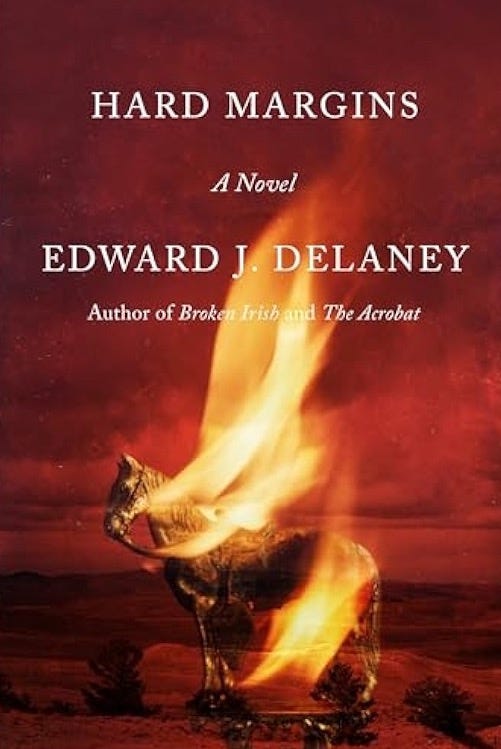
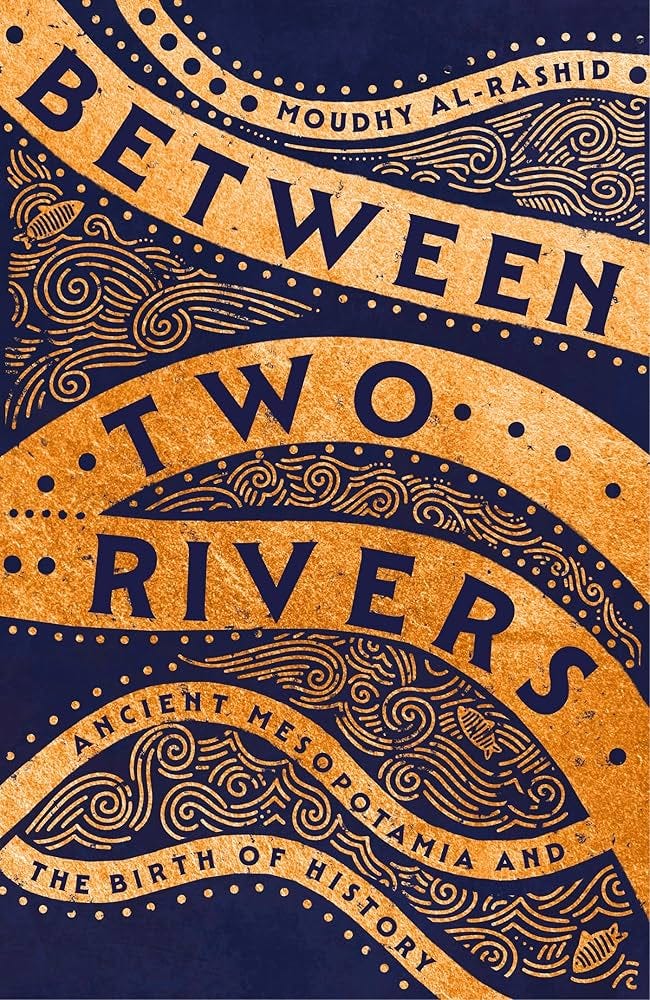
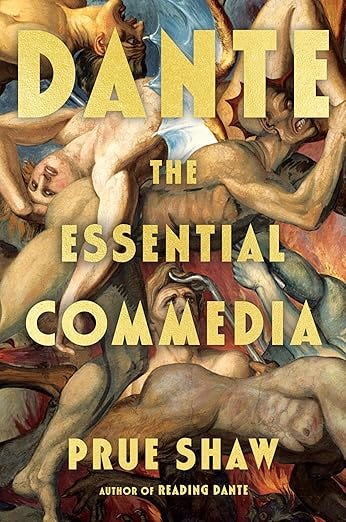

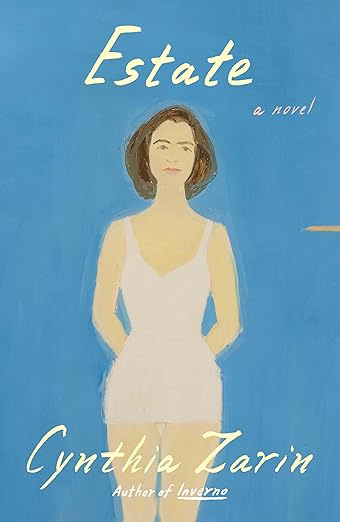


Ernaux meets Ferrante!? If this isn’t just marketing hype, I’m in, as I do think there is a real connection there.
The Darnielle novels are worth reading; very good and creepy, never as genre-bound as their marketers want you to believe.
NYRB also has new editions of Jan Kerouac's Baby Driver (she lived a rough life, also, not related to the film) and Richard Hell's Godlike coming end of this year and beginning of next, respectively. Hell's Go Now was legitimately good and creepy.
Paul Auster quoted a passage of Chateaubriand in passing in Book of Illusions and I was obsessed for years. Finally I wrote NYRB suggesting they translate it -- only Penguin had a "selections" in print. Edwin Frank himself wrote back to say it was in progress! But I still have to read it! Now that it's reached Volume 3 and Volume 2 is 800 pages I feel like i have enough of the corpus to begin. And on the subject of excellent memoir, have you ever read Ringolevio, currently published by NYRB? A very tonic corrective to a lot of hippie mythology.